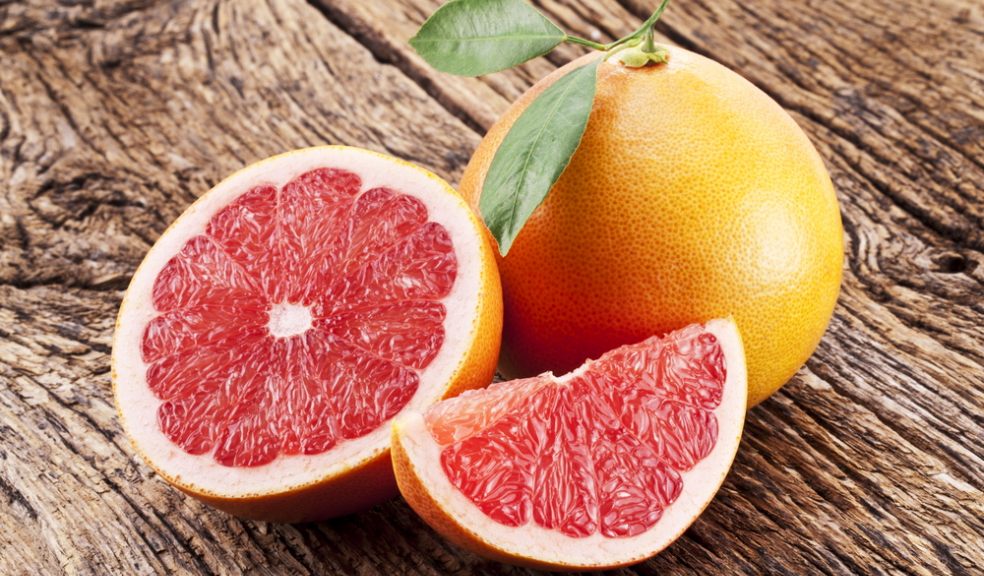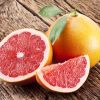
Grapefruit biomolecules may herald new treatment for heart disease
New research, published today in the 'Biochemical Journal', has identified molecules occurring naturally in fruit that may play an important role in the future treatment of heart disease.
Molecules called flavanoids, which are found in citrus fruits, particularly grapefruit, have proven effective at reducing the inflammation that can lead to deadly cardiovascular disease. These molecules may hold the key to the development of a new generation of anti-inflammatory drugs which are cheaper, easier to produce and less toxic than current therapies.
Despite the widespread use of a range of new drugs that combat blood pressure and lower cholesterol, cardiovascular disease is still recognised as the number one cause of death globally and incidences are increasing. The World Health Organisation (WHO) estimates that the number of people who will die from cardiovascular diseases each year will reach 23.3 million by 2030.
Many diseases of the circulatory system are linked to the improper activation of immune cells, which then stick to the so called vascular endothelial cells (VECs) that line the blood vessels. This can begin a process of excessive inflammation through the local production of immune molecules, blocking the blood vessels and causing deadly cardiovascular disease.
A team of researchers from the University of Glasgow's Institute of Molecular, Cell and Systems Biology identified a range of plant-derived small molecules that activate the natural defences in VECs, thereby inhibiting the processes triggered by immune cells that lead to excessive inflammation. Derivatives of the flavanoid, naringenin, were shown to effectively inhibit the inflammatory processes triggered following activation of the receptor for immune molecule IL6 on the surface of VECs.
Dr Stephen Yarwood, PI of the research team at the University of Glasgow, said: "We were surprised to find that flavanoids isolated from citrus fruits were very effective at reprogramming the response of human endothelial cells to immune molecules by switching on genes that exert a natural, "protective" effect against inflammation. Our job now is to find out how flavanoids turn on these protective genes, which will pave the way for the development of future medicines to treat cardiovascular disease. "
Drugs with similar actions to plant-derived flavanoids would be cheap to produce and have low toxicity, which gives them certain advantages over current therapies. For example, current anti--IL6 drugs are expensive to produce and store, have a limited shelf life and require regular injections to be effective.

















